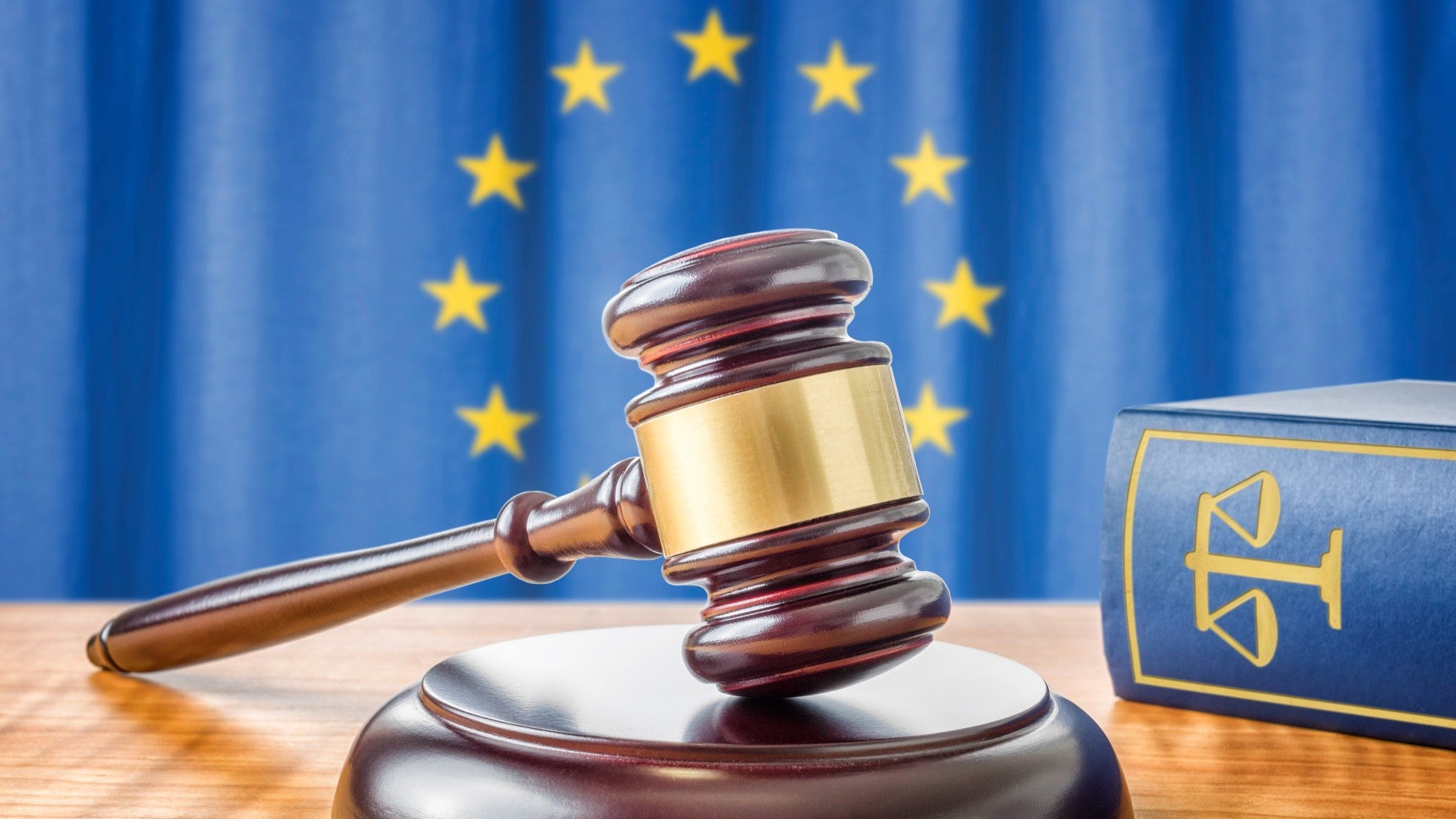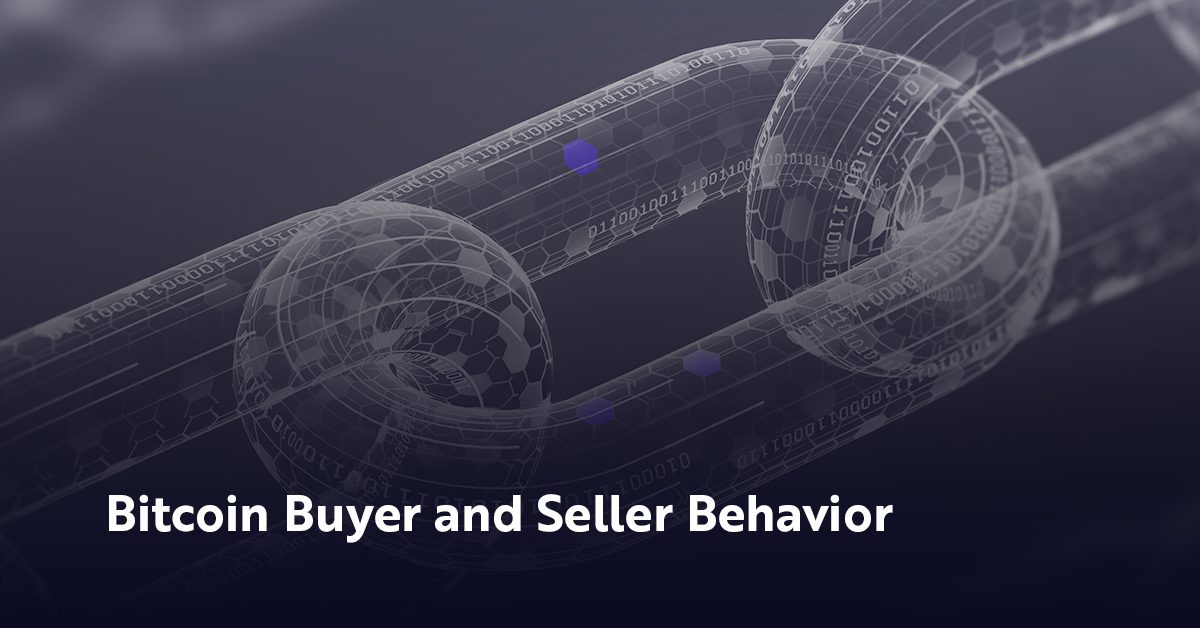The EU last week (January 18) reached a tentative agreement on tougher anti-money laundering (AML) legislation in a move that will bring crypto-asset service providers (CASPs) further into line with other financial services providers.
The legislation, if approved by the European Parliament, would force CASPs and other money-handling institutions, including banks, casinos and real estate agencies, to carry out checks on any transactions amounting to €1,000 ($1,087) or more.
Following the 2023 launch of the Markets in Crypto Assets Regulation (MiCA), this legislation confirms the EU as a world leader in the regulation of cryptocurrencies and their providers. These increased efforts come in the wake of fears over the illegal use of crypto, which hit the headlines last year following an Israeli crackdown on cryptocurrency accounts it said were linked to Hamas.
Martin Cheek, managing director of UK-based AML compliance firm SmartSearch summed up these fears to Electronic Payments International: “The new anti-money laundering legislation has the potential to have a significant impact on the ability for criminals to hide their money laundering activities using cryptocurrencies, and I fully welcome them, because this industry has not been regulated well enough for too long.
“While the changes suggest stricter regulations on the crypto industry compared to other financial institutions, I believe it will only bring the industry in line with other regulated industries such as banking or gaming, due to the current accessibility and ease for criminals to use crypto -use currencies to launder money.”
Is regulation hurting the industry?
Crypto vendors have historically been fiercely opposed to increased scrutiny, with crypto influencer Preston Pysh arguing in Bitcoin Magazine that regulation that reduces privacy in the industry “will limit the potential and the essence of American citizens and builders in this country.”
Access the most comprehensive company profiles on the market, powered by GlobalData. Save hours of research. Gain competitive advantage.
View profiles in the store

Company Profile – Free Sample
Thank you!
Your download email will arrive shortly
We are confident about the unique quality of our company profiles. However, we want you to make the most beneficial decision for your business, so we offer a free sample that you can download by submitting the form below
By GlobalData
While this may be overstating the case, it is true that crypto platforms are not the havens of fraudsters and criminals they are sometimes made out to be, with some estimates showing that less than 0.2% of transactions are related to criminal activity keep.
In light of this, it is possible that increasing regulation to this degree will have a disproportionate impact on the fledgling industry despite its benefits.
Haydn Jones, Managing Director and Global Head of Blockchain and Cryptocurrency Solutions at risk advisory firm Kroll, told Electronic Payments International: “The EU’s Anti-Money Launching Regulations are designed to align crypto-asset providers with credit institutions through comparable obligations However, the increased due diligence required of crypto firms has sparked debate over whether it truly levels the playing field.
“The crypto industry now has stricter requirements for low-value payments than traditional financial companies. It is central to a broader strategy to combat money laundering and sanctions evasion. These developments reflect the EU’s effort to ensure consistent and thorough anti-money laundering measures across the bloc. Still, the heightened scrutiny and the need for detailed customer due diligence may hamper the operational capabilities of crypto service providers, especially smaller firms or those new to the market.
Up to this point, the EU’s regulation does not seem to have had a major impact on its ability to attract CASPs.
Europe remains the second largest market for cryptocurrency-related transactions globally, although well behind North America, which is driven by US transactions. Implementing this regulation may be difficult in the short term, but firms are clearly willing to comply if it provides access to the block.
Nothing to hide, nothing to fear
If it is indeed true that a minority of crypto transactions are fraudulent, the increased clarity of this legislation may actually be a boon.
Marcin Zarakowski, Executive Committee Member at the BSV Association told Electronic Payments International: “The AML package brings significant benefits to the industry. In principle, [it] accepts the principle of ‘technological neutrality’ (same rules for the same risks) and it is expected that this will achieve harmonization of the procedures that the CASPs will follow, in line with those followed by the traditional financial intermediaries.
“Despite the objections of some virtual asset service providers who complain about a lack of proportionality, the new AML package is expected to benefit the crypto-asset community. [This is because] banks, which have a fiduciary duty to provide banking services, will now be required to develop risk monitoring onboarding procedures to evaluate the riskiness of entities with direct or indirect exposure to crypto-assets. This has not been the case so far, and the result has been that most of the projects with crypto-asset exposure have remained unbankable.”
The BSV Association is the custodian of the BSV Blockchain protocol and a supporter of crypto-regulation.
GlobalData co-analyst Harry Swain agrees, saying: “Importantly, the European Parliament has reassured stakeholders that the regulatory measures do not seek to ban privacy-enhancing crypto-technologies. In May 2023, the EU Crypto Initiative called on legislators to reconsider planned restrictions on privacy tools, advocating a clear distinction between banned high-risk anonymous accounts and high-risk anonymization tools.
“The legislative process, albeit complex, resulted in a robust regulatory package, which addresses diverse aspects of crypto-related money laundering risks and reinforces the EU’s commitment to maintaining financial integrity in the evolving landscape of digital finance.”
Disclaimer for Uncirculars, with a Touch of Personality:
While we love diving into the exciting world of crypto here at Uncirculars, remember that this post, and all our content, is purely for your information and exploration. Think of it as your crypto compass, pointing you in the right direction to do your own research and make informed decisions.
No legal, tax, investment, or financial advice should be inferred from these pixels. We’re not fortune tellers or stockbrokers, just passionate crypto enthusiasts sharing our knowledge.
And just like that rollercoaster ride in your favorite DeFi protocol, past performance isn’t a guarantee of future thrills. The value of crypto assets can be as unpredictable as a moon landing, so buckle up and do your due diligence before taking the plunge.
Ultimately, any crypto adventure you embark on is yours alone. We’re just happy to be your crypto companion, cheering you on from the sidelines (and maybe sharing some snacks along the way). So research, explore, and remember, with a little knowledge and a lot of curiosity, you can navigate the crypto cosmos like a pro!
UnCirculars – Cutting through the noise, delivering unbiased crypto news
















